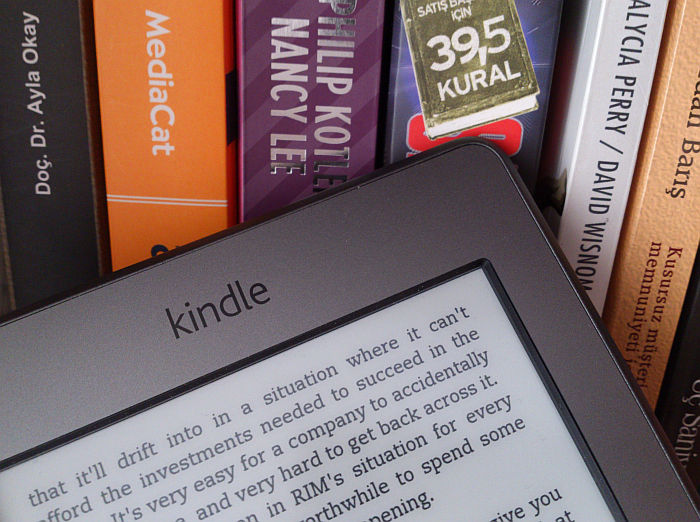
Reading a book enables you to switch off from the world and take yourself away from modern life, immersing yourself in someone else’s story, right? This certainly isn’t the case with e-books, which have the potential to run out of power at any moment, have the need for an internet connection, break if you drop the device or distract you at any given opportunity with a stream of ‘pop-up’ notifications. An e-book just doesn’t offer the tranquility and pleasure that a printed book does.
In a modern world where we are constantly connected, readers have begun to shelve digital books in favour of good old-fashioned print novels as a way to escape the monitors and smartphones that they already spend the majority of their time on.
It has been revealed that e-book sales have plunged 17% and have hit their lowest level since 2011. Six years ago, the Amazon Kindle dominated the market and the e-book craze took the UK by storm. However, 2017 marks the second year running that the sales of e-books have fallen as commuters, holiday makers and leisure readers rekindle their love of print.
Big sellers such as JK Rowling’s: Harry Potter and the Cursed Child and Joe Wicks: Lean-in-15 were just a couple of publications that contributed to the 9% increase in print sales of consumer book titles this year.
With over 64% of the UK population having three or more connected devices, it’s no wonder we are getting screen tiredness, with books providing an opportunity to step away from another screen, their popularity increases.
This is not to say that e-books don’t still have their place. It is not ideal to pack a number of paperbacks in your suitcase when you are going on holiday and therefore this could be where digital still has an advantage.
Despite this, it is clear that the novelty of this phenomenon has begun to wear off and for the first time in years, books are fighting back. This could be bad news for Amazon, who are said to be planning another upgrade to their Kindle collection, however, the next edition is rumoured to be waterproof, which could put its paper competition at a disadvantage.
